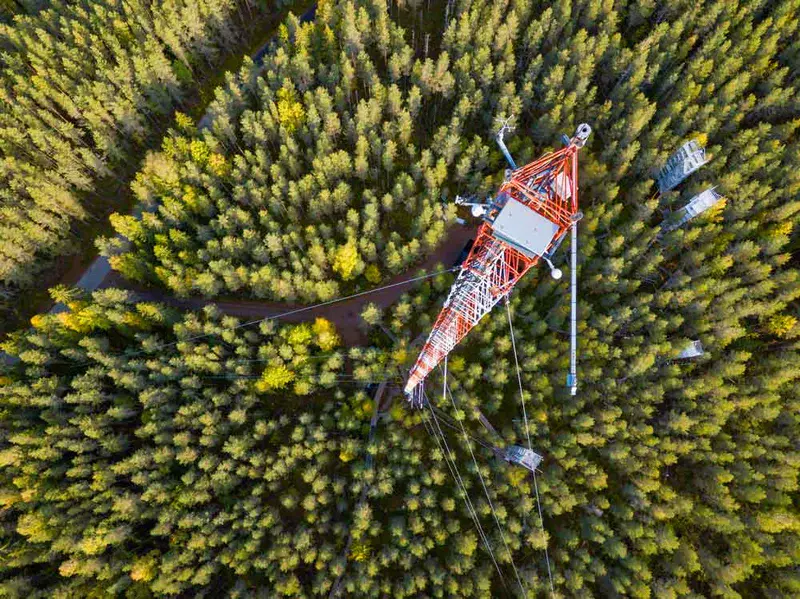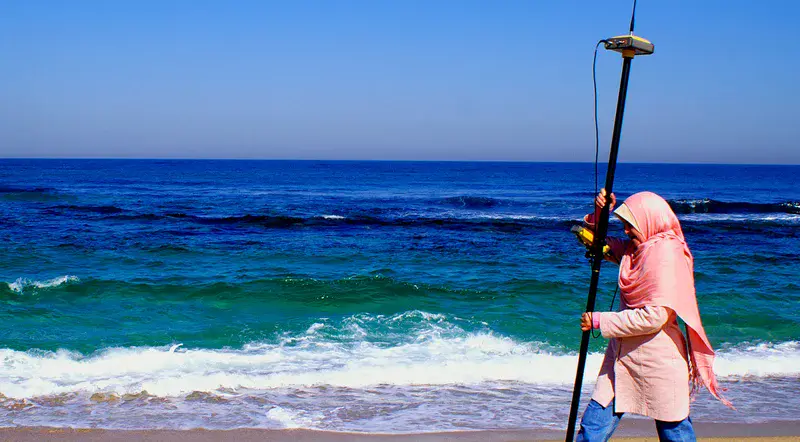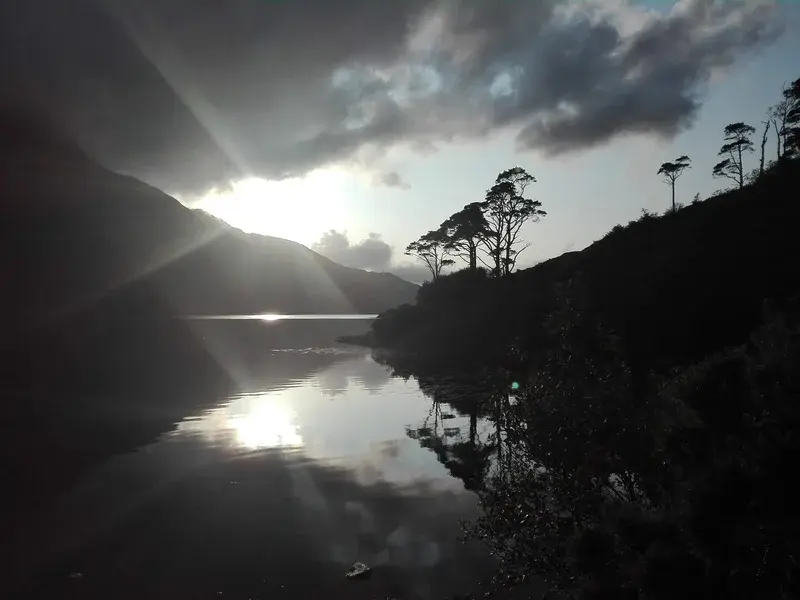
Highlights at a glance
- 09:00 – SC1.1 How to navigate the EGU: tips and tricks
- 10:00 – SC2.8 Promoting diversity in geosciences
- 12:30 – NET43 First-Time Attendee Icebreaker
- 13:30 – ECE1 EGU eV Plenary
- 15:00– MAL2 AS Medal & Award lectures
- 15:00– MAL13 GMPV Medal & Award lectures
- 16:00 – SC2.1 Examining the impact of COVID-19 on research and the scientific community
- 17:30 – NET42 EGU Pride
- 18:00 – MAL1e ESA-EGU Award Ceremony
Welcome to vEGU21: Gather Online!
As the COVID-19 pandemic continues to disrupt our daily lives, EGU is organising its General Assembly as a fully virtual conference for the second time. While we started planning for vEGU21 as a hybrid gathering, in October, during the pandemic’s second wave, we decided to move to a fully virtual format again. As continental Europe is fighting off the third wave, this proves to have been the right decision.
While last year we had just six weeks to transition from an in-person to a fully virtual event, we’ve had much longer to develop and plan for vEGU21! Our guiding principle has been that it should provide you with an experience that is as close to an in-person conference as possible, while at the same time prioritising accessibility and inclusiveness. We hope you’ll enjoy the specially designed virtual conference centre, the wide-ranging scientific programme (13,749 presentations scheduled in 843 sessions), as well as the exhibition, townhall meetings, and community events. Discover the Artists (not!) in residence, listen to inspiring Medal & Award lectures, and engage in the Union Symposia and Great Debates. As networking is an essential part of scientific conferences, we’ve put particular effort into developing engaging virtual networking tools for vEGU21.
While we’re all looking forward to meeting in person again, we hope you’ll have an engaging and inspiring experience participating in vEGU21. I wish to express my sincere thanks to the team at our conference organiser Copernicus, who have been working incredibly hard to develop all the new tools in time, as well as to the many community members who are contributing their time as conveners, science officers, committee members, etc. Last but not least, thanks to all of you for joining us. I hope you enjoy the conference!
Peter van der Beek, EGU Programme Committee Chair

Towards evolvable physics-based plants and landscape processes in terrestrial biosphere models
The terrestrial biosphere exerts disproportionate influence on Earth’s climate, making improvements in its representation key to reducing climate uncertainty. After 50 years of development, land surface models contain detailed processes of energy fluxes, photosynthesis, hydrology, C-N-P cycles, and land-use. Remaining discrepancies from observed carbon and water cycles appear primarily related to deficiencies in the representation of forests and human activity, including the generative process of life—evolution. We believe physics-based botanical models, forest landscape models, and terrestrial biosphere models may soon merge into new multi-scale models. This Union Symposium presents exciting work toward achieving this “moonshot” in Earth observation and systems modeling.
US4: 15:00 –17:00
Award Lectures: Atmospheric Sciences
- 15:00 – MAL2 AS Division Outstanding ECS Award Lecture 2020: Meng Gao
- 15:20 – MAL2 Arne Richter Award for Outstanding ECS Lecture 2021: Anita Ganesan
- 15:40 – MAL2 Vilhelm Bjerknes Medal Lecture 2020: Michael Prather
- 16:20 – MAL2 Vilhelm Bjerknes Medal Lecture 2021: Spyros Pandis
MAL2: 15:00 –17:00
vEGU21 platform access
You can access any session on the new conference platform either by 1) using the programme function on www.egu21.eu to search by day & time, or by session; or 2) by navigating through the Virtual Conference Centre at https://meetings.copernicus.org/egu21/.
After you log in with your Copernicus ID, you’ll be ready to go. For tech support, visit the Information Desk in the virtual entry hall or email egu21@copernicus.org.
All times are CEST/Central European Summer Time.
Award Lectures: Geochemistry, Mineralogy, Petrology & Volcanology
- 15:00 – MAL13 Robert Wilhelm Bunsen Medal Lecture 2020: Holly Stein
- 15:50 – MAL13 GMPV Division Outstanding ECS Award Lecture 2021: Michael Jollands
- 16:10 – MAL13 Robert Wilhelm Bunsen Medal Lecture 2021: Urs Schaltegger
MAL13: 15:00 –17:00

Promoting diversity in geosciences
Diversity is key for scientific progress and society because different perspectives and life experiences give rise to diversity in scientific questions and approaches to address them, and stimulate collaboration between academics and local communities. Nevertheless, geosciences remain the least diverse of all STEM (science, technology, engineering and mathematics) fields. In this Short Course, Early Career Scientists will be presented with practical advice on how they can contribute to promoting diversity in both their present and future career stages and help to build a geoscience community that is welcoming and supporting to marginalised scientists.
SC2.8: 10:00 –11:00
Data Help Desk
Do you have data-related questions? Are you looking to make your data and/or software open and FAIR? Are you interested in tools and resources for working with your data or for finding data to reuse? The Virtual Data Help Desk is here to help you! Tweet your questions from 19-23 April to #DataHelpDesk.
For more details: bit.ly/DataHelpEGU21
EGU Plenary Meeting
All Union members are invited to join the virtual EGU eVPlenary meeting from 13:30–14:30 to learn more about EGU activities in 2020-2021. The agenda includes a welcome by EGU President Alberto Montanari; reports by the EGU President and EGU Treasurer; an auditor report for the fiscal calendar year 2020; inauguration of the new officers; and Any Other Business.
Register to receive the link to the Plenary.

EGU Photo Competition
We received many impressive entries for this year’s competition! You can find the ten finalists, and vote online for the winners, by Thursday 29 Apr at 18:00 CEST. Winners will be announced on Friday 30 April on the EGU blog geolog.egu.eu and the last issue of EGU Today.
What’s on tomorrow
- Slow science vs fast science GDB4 09:00–10:30
- European Research Council Funding Opportunities SC2.3 14:30–15:30
- A Climate and Ecological Emergency: Can a pandemic help save us…? US3 15:00–17:00
- Mind your head: your mental well-being in an academic career SC1.4 16:00-17:00
- Union Medal & Award Lectures: Holmes Medal, and Croome and Krafft awards
- Division Medal & Award Lectures: CL, ESSI, HS, SSP
About
EGU Today, the Union’s daily newsletter during the EGU General Assembly, helps keep you informed about what’s happening by highlighting sessions and events of broad interest from the programme. The newsletter, including previous issues, is available at https://www.egu.eu/egutoday/.
Unsubscribe via support@copernicus.org.
The Assembly Online
LinkedIn
Instagram
YouTube
Facebook
Mastodon
Bluesky
blogs.egu.eu, geolog.egu.eu
www.egu.eu